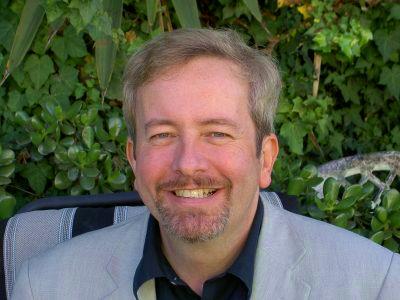Research Interests
Dr. Pashler's research interests are learning & memory, attention, and higher-level visual perception. His focus in recent years is factors that may increase the efficiency of learning - from acquisition of facts, vocabulary and concepts to the disctinction between subtly different visual patterns. Dr. Pashler is also interested in all aspects of selective and divided attention, including visual awareness and processing bottlenecks. Finally, Dr. Pashler is involved in a variety of efforts to promote greater replicability of psychological and neuro-imaging research, as well as greater responsibility in reporting results in these areas.
Selected Publications
- Pashler, H. & Mozer, M.C. (2013). When does fading enhance perceptual category learning? Journal of Experimental Psychology: Learning, Memory, & Cognition.
- Cepeda, N, Vul, E, Rohrer, D, Wixted, J, & Pashler, H. (2008). Spacing effect in learning: A temporal ridgeline of optimal retention. Psychological Science, 19, 1095-1102.
- Pashler, H. & Harris, C. (2012). Is the replicability crisis overblown? Three arguments examined. Perspectives on Psychological Science.
- Vul, E., Harris C., Winkielman, P., & Pashler, H. (2009). Puzzlingly high correlations in fMRI studies of emotion, personality, and social cognition. (aka: Voodoo Correlations in Social Neuroscience.) Perspectives on Psychological Science, 4, 274-290.
- Huang, L. & Pashler, H. (2007). A boolean map theory of visual attention. Psychological Review, 114, 599-63.
Updated Nov 2012

